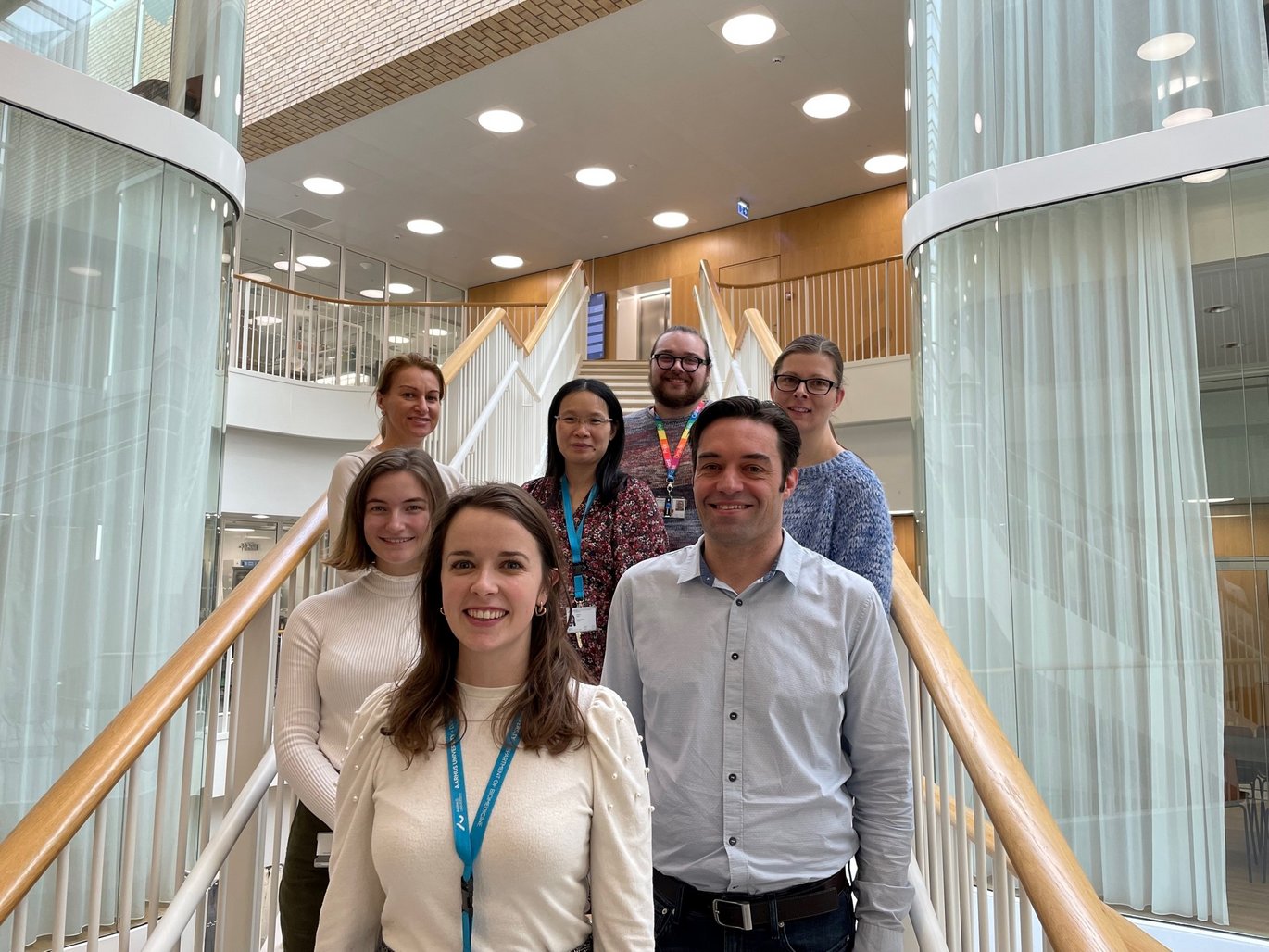Basic research creates potential for new treatment of Parkinson's disease
Associate Professor Mark Denham and his research group may have made a breakthrough in the research of Parkinsons Disease, delivering strong results for both side-effect-free and long-lasting treatment effects.

In a recently published study, Associate Professor Mark Denham from the Department of Biomedicine and DANDRITE describes a method that could make a difference in the treatment of the neurodegenerative disease Parkinson's.
The method involves the genetic modification of stem cells.
"Stem cells offer promising potential for treating Parkinson's disease by transforming into specific nerve cells. However, the precision of this transformation poses a significant challenge with current methods, resulting in low purity," explains Mark Denham.
Stem cells have the ability to develop into different cell types, and researchers often aim to guide them to specialize in a particular lineage or cell type. Higher purity means that a larger percentage of the stem cells in a given sample successfully acquire the desired properties, making them more valuable for specific applications.
Researchers at Denham Lab have now figured out how to ensure much higher purity of dopamine cells, which are crucial in the context of Parkinson's.
Read more in the press release: Denham Lab Publish Article in Nature Communications on Lineage-Restricted Stem Cells
The research results - more information
- The study is basic research.
- It was conducted in collaboration with Professor Marina Romero-Ramos from the Department of Biomedicine, Aarhus University, Jonathan Niclis from Novo Nordisk, and Vania Broccoli from the San Raffaele Scientific Institute, Italy.
- The study is externally funded by the Lundbeck Foundation.
- Read more in the scientific article: Enhanced production of mesencephalic dopaminergic neurons from lineage-restricted human undifferentiated stem cells | Nature Communications
Contact
Associate Professor Mark Denham
Aarhus University, Department of Biomedicine and DANDRITE
Mobile: +45 23 98 20 78
Email: mden@dandrite.au.dk